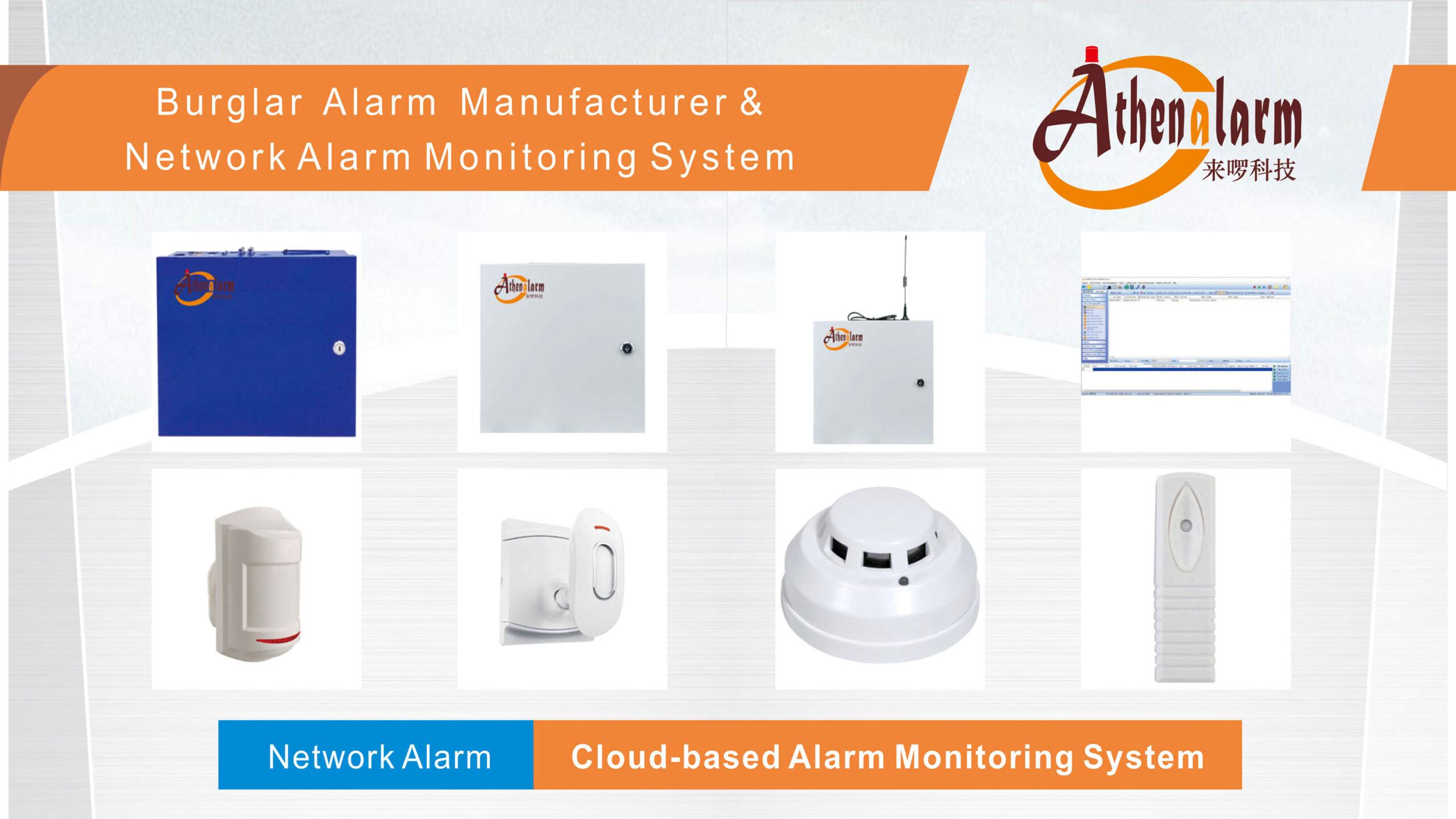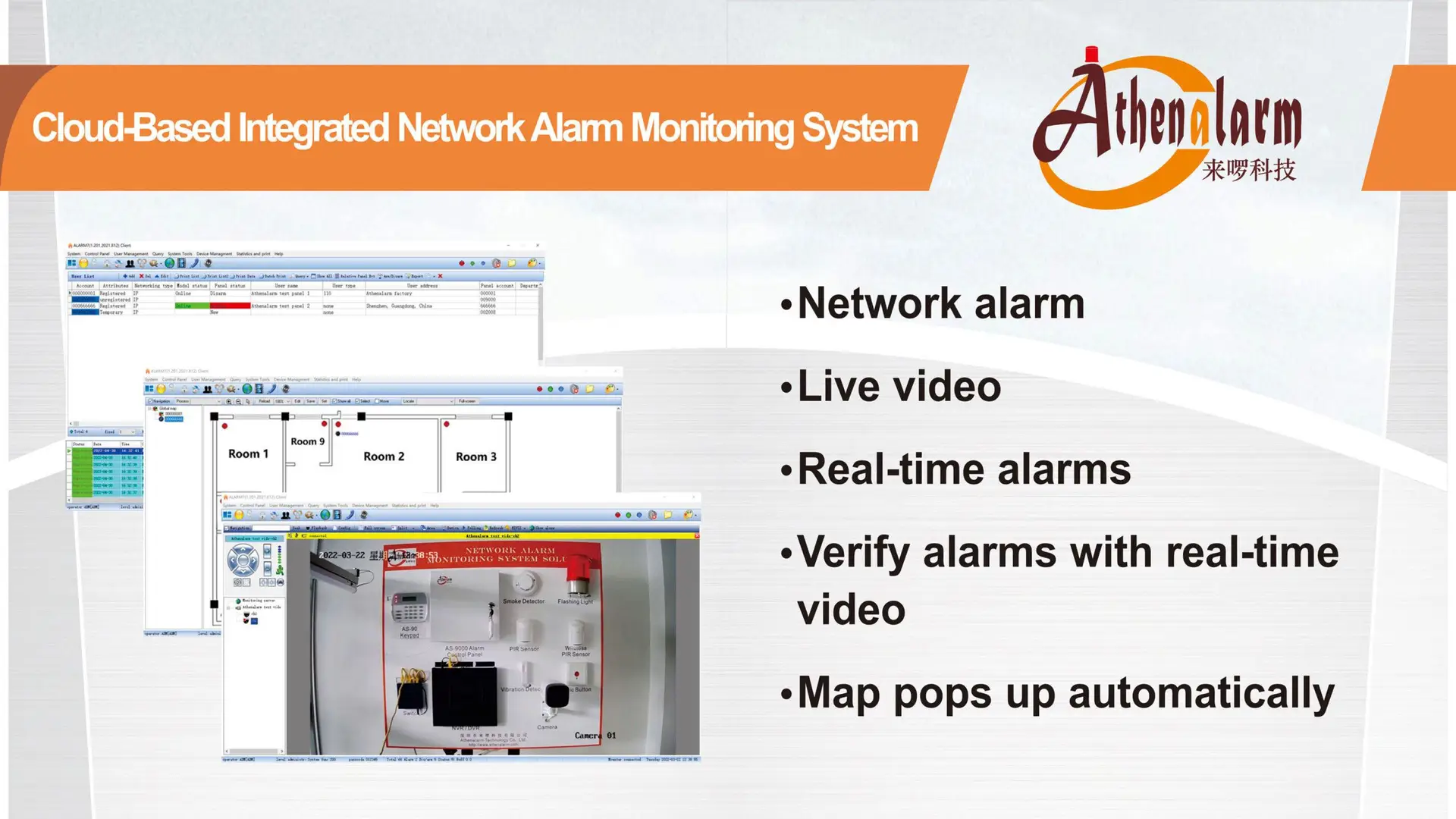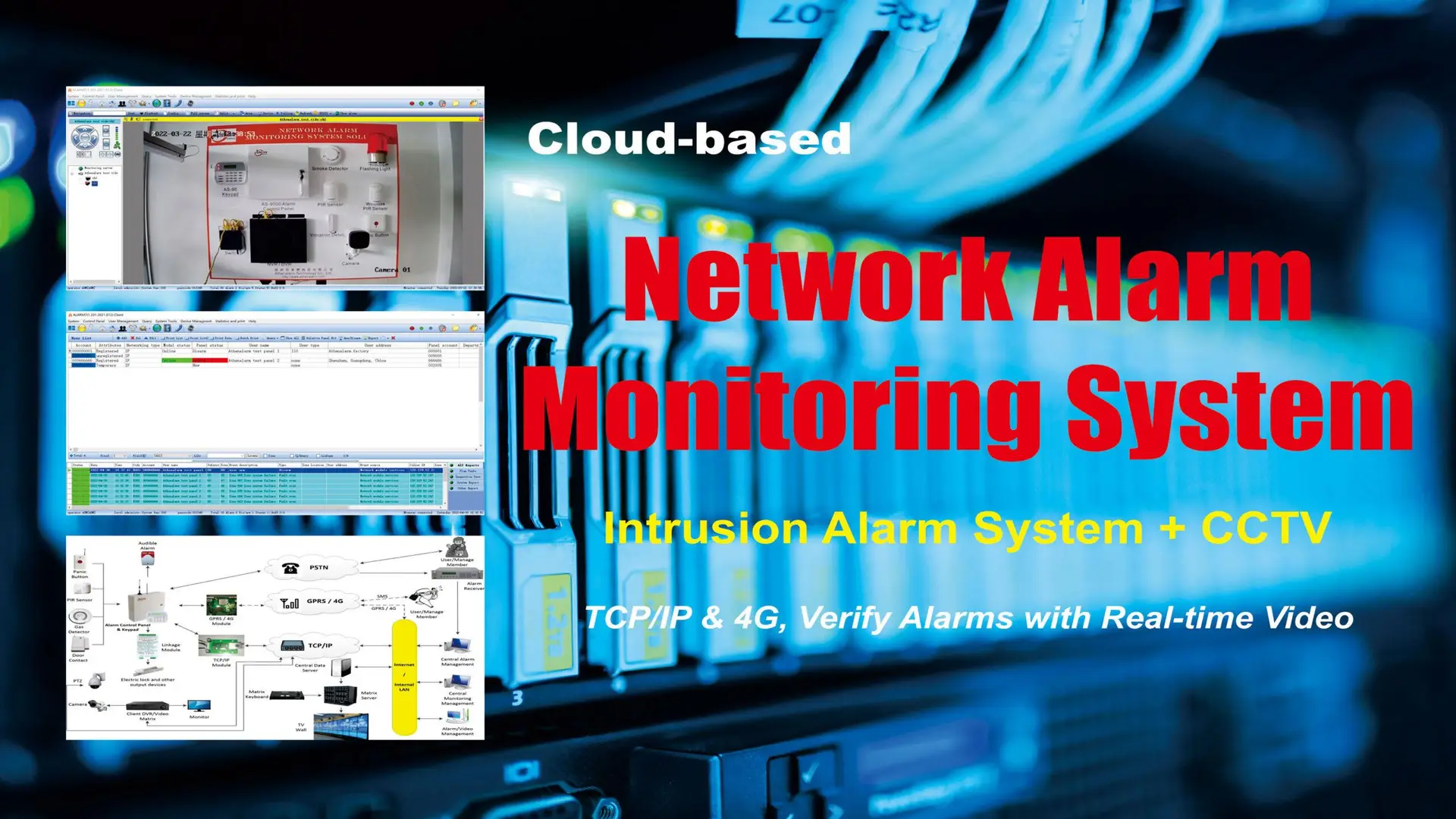



Enterprise-Grade Alarm Systems for B2B Bulk Procurement: A Strategic Guide for Security Distributors
As security threats become increasingly sophisticated, businesses and institutions demand enterprise-grade alarm systems that provide robust protection against unauthorized access, intrusions, and emergencies. For B2B security distributors, system integrators, and procurement managers, bulk purchasing of these systems offers a strategic advantage by enhancing cost-efficiency, ensuring supply chain stability, and improving market competitiveness.
This guide explores the benefits of B2B bulk procurement of enterprise-grade alarm systems, critical selection factors, and best practices for successful manufacturer partnerships. By leveraging these insights, security distributors and B2B buyers can optimize procurement strategies, strengthen product offerings, and drive long-term business growth.
1. The Growing Demand for Enterprise-Grade Alarm Systems
1.1 Why Businesses Are Investing in Advanced Security Systems
Modern enterprises prioritize advanced alarm systems due to:
- Escalating security risks: Increasing incidents of burglary, vandalism, and cyber-physical attacks necessitate stronger protection.
- Regulatory compliance: Industries must meet strict security mandates, such as PCI DSS for financial institutions and HIPAA for healthcare facilities.
- Smart security integration: AI, IoT, and cloud-based solutions enable real-time monitoring, predictive threat analysis, and automated emergency responses.
Industries such as corporate offices, warehouses, factories, retail chains, financial institutions, and data centers require high-performance alarm systems with seamless connectivity, remote management, and multi-layered security capabilities.
1.2 Market Growth and B2B Opportunities
The global commercial security market is projected to surpass $500 billion by 2030, driven by advancements in AI-powered surveillance, IoT-enabled security, and cloud-managed alarm systems.
For B2B distributors, this growth presents lucrative opportunities to supply security solutions in bulk to:
- System integrators deploying solutions for large commercial and industrial clients.
- Security service providers offering surveillance and alarm monitoring.
- Government agencies implementing large-scale security infrastructure projects.
- Retail and corporate chains seeking scalable, multi-location security solutions.
Bulk procurement enables distributors to offer cost-effective security solutions while ensuring a strong market presence.
2. Key Benefits of Bulk Procurement for Enterprise-Grade Alarm Systems
2.1 Cost Efficiency and Profit Margins
Buying in bulk significantly reduces per-unit costs, allowing distributors to:
- Access volume-based discounts from manufacturers.
- Lower shipping and handling expenses by consolidating large orders.
- Minimize administrative overhead by reducing frequent small-batch purchases.
- Leverage better financing terms, warranties, and exclusive deals.
2.2 Supply Chain Stability and Inventory Readiness
A well-stocked inventory ensures distributors can meet demand without delays, mitigating risks associated with:
- Global semiconductor shortages affecting security system components.
- Logistics disruptions caused by shipping constraints or geopolitical instability.
- Surges in security demand following regulatory changes or security crises.
2.3 Access to Cutting-Edge Security Technologies
Enterprise-grade alarm systems incorporate advanced technologies, including:
- AI-powered motion detection to minimize false alarms.
- Cloud-based security platforms for remote monitoring and centralized management.
- IoT-enabled smart alarms for real-time notifications and automation.
- Encrypted wireless communication to prevent hacking and signal interference.
Distributors investing in innovative security solutions gain a significant competitive advantage.
2.4 Market Credibility and Business Expansion
Providing top-tier security solutions in bulk helps distributors:
- Establish themselves as trusted B2B suppliers.
- Expand into high-value sectors, such as government security contracts and multinational corporations.
- Strengthen partnerships with security integrators and installation providers.
A strong reputation fosters repeat business, customer referrals, and long-term industry leadership.
3. Essential Factors in Selecting Enterprise-Grade Alarm Systems
3.1 Compliance with Industry Standards and Certifications
Distributors must ensure alarm systems meet international regulatory requirements, including:
- UL 2050 Certification (for high-security commercial installations).
- FCC Compliance (for wireless security devices in the U.S.).
- EN 50131 Standards (for intrusion alarm systems in Europe).
- ISO 9001 Certification (for quality assurance in manufacturing).
Compliance guarantees reliability, legal adherence, and customer trust.
3.2 Scalability and Integration Capabilities
Security solutions should integrate seamlessly with:
- Existing surveillance infrastructure (CCTV, access control, fire alarms).
- Cloud-based security platforms for remote monitoring and system control.
- IoT-enabled smart buildings for automation and efficiency.
3.3 Customization and OEM/ODM Services
Distributors can differentiate their offerings by partnering with manufacturers that provide:
- OEM branding for private-label security devices.
- ODM services for exclusive product designs and configurations.
- Custom software and hardware options tailored to industry-specific security needs.
Providing customized security solutions enhances brand value and customer retention.
3.4 Reliable Technical Support and After-Sales Service
Manufacturers should offer:
- 24/7 technical support for system integrators and B2B clients.
- Comprehensive training programs for installation and troubleshooting.
- Warranty coverage and easy product replacements to ensure reliability.
Strong after-sales support fosters long-term partnerships and customer satisfaction.
4. Best Practices for B2B Bulk Procurement of Alarm Systems
4.1 Partnering with a Reliable Manufacturer
When selecting a manufacturing partner, distributors should evaluate:
- Industry experience and security sector expertise.
- Production capacity for large-scale orders.
- Technological innovation in AI, IoT, and cloud security.
- Global supply chain capabilities to prevent stock shortages.
4.2 Optimizing Logistics and Inventory Management
Distributors should implement:
- Just-in-time (JIT) inventory strategies to reduce storage costs.
- Automated stock tracking for real-time order fulfillment.
- Strategic warehouse placement to optimize regional distribution.
4.3 Offering Value-Added Services
To gain a competitive advantage, distributors can provide:
- Security consulting and risk assessments for corporate clients.
- Installation and maintenance training for security professionals.
- Subscription-based monitoring services for recurring revenue.
These services enhance customer loyalty and create additional revenue streams.
5. Conclusion
Bulk procurement of enterprise-grade alarm systems is a strategic investment for B2B security distributors, offering cost savings, technological advantages, and stronger market positioning. By selecting high-quality, scalable, and standards-compliant alarm systems, distributors can meet the evolving security needs of businesses while ensuring long-term profitability.
Investing in trusted manufacturing partnerships, optimized supply chain logistics, and value-added services guarantees success in the competitive security industry.
